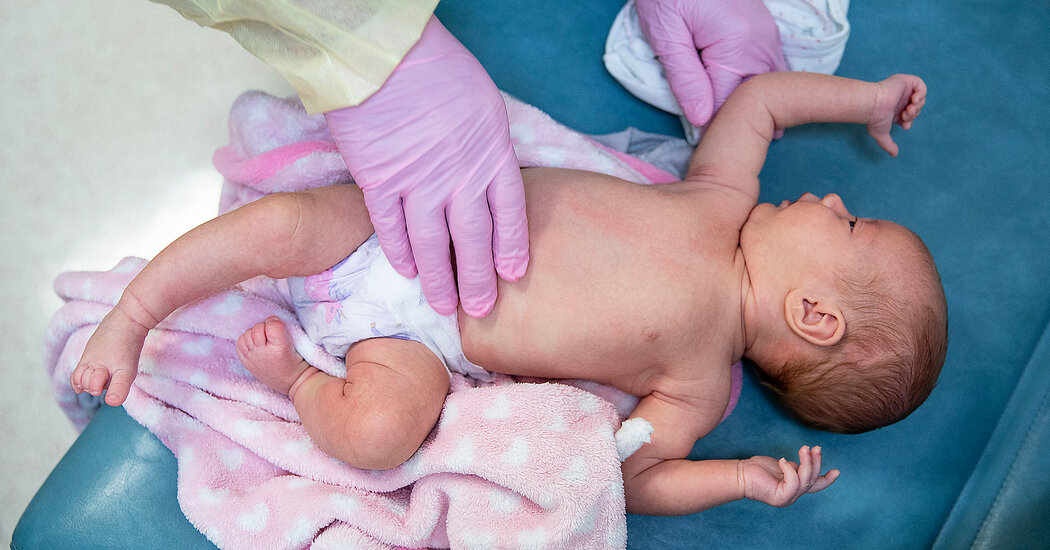The Food and Drug Administration (FDA) advisory panel voted on Thursday in favor of a Pfizer vaccine to prevent respiratory syncytial virus (R.S.V.) in infants, which could potentially be fatal. The Pfizer vaccine, called Abrysvo, would be the first vaccine to protect babies from R.S.V. The Centers for Disease Control and Prevention (CDC) states that approximately 80,000 children under 5 years old are hospitalized with R.S.V. each year and up to 300 die from it. Besides, as many as 160,000 adults who are 65 and older are also hospitalized annually because of the virus, and 10,000 die.
The Pfizer vaccine for pregnant mothers is being reviewed, an option submitted to the FDA, providing five months of protection. Many other options are still under evaluation. In the past, attempts to test a vaccine in infants began in the 1960s but were abandoned when the vaccine caused more severe cases.
The safety concern during the hearing was if the vaccine is linked to preterm birth, according to Dr. Hal Barron, a former GSK executive. Pfizer tested the same vaccine formula as GSK in older adults and infants. The GSK vaccination showed a 6.8% incidence of preterm births compared to 5% in the placebo group in pregnant women. In contrast, the Pfizer study showed 5.6% of premature delivery in the treatment group compared with 4.7% in the placebo group, and the difference was not significant.
One Pfizer study showed six infants in the vaccination group had a serious R.S.V. case during the first 90 days after birth, compared with 33 in the placebo group, translating to an efficacy of almost 82 percent. For six months after birth, the vaccine was 69% effective, with 19 babies falling seriously ill compared to 62 in the placebo group.
The FDA usually follows its advisory panel’s recommendations, and ten of the fourteen advisers agreed that the vaccine was safe, with some airing concerns about the elevated rates of preterm births among mothers who received the vaccine compared to those who received a placebo. Pfizer said it would conduct a post-approval study of the vaccine’s real-world use, monitoring health records for the incidence of preterm birth and other possible issues.












